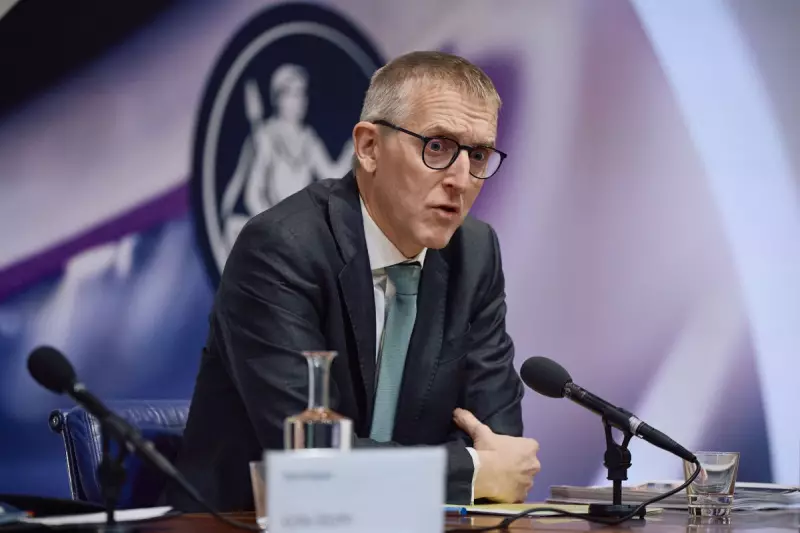
The Bank of England has raised serious concerns with the Treasury about the growing influence of a prominent American investor in London's financial infrastructure, in a move that highlights mounting anxiety about foreign control over key City institutions.
Sam Woods, deputy governor for prudential regulation at the central bank, has personally alerted Treasury officials to the potential risks posed by Scott Bessent, a former George Soros protégé who now runs his own investment firm, Key Square Capital.
Building Stakes in Financial Bedrock
Bessent has been quietly accumulating significant positions in both the London Stock Exchange Group (LSEG) and FTSE Russell, the index provider that forms the backbone of Britain's financial markets. These acquisitions have triggered alarm bells within the Bank of England's regulatory apparatus.
The concern centres around whether Bessent's investments represent a strategic play for influence over critical market infrastructure rather than a straightforward financial investment. With FTSE Russell determining the composition of major indices that guide billions in investment funds, any undue influence could potentially distort market functioning.
Regulatory Scrutiny Intensifies
Woods, who leads the Prudential Regulation Authority (PRA), has been monitoring the situation closely as Bessent's stakes have grown. The Bank's intervention signals that regulators believe the matter requires political attention and potentially regulatory action.
This development comes at a sensitive time for London's financial sector, which is navigating post-Brexit challenges and increased competition from European financial centres. The potential for foreign investors to gain significant control over market infrastructure has become an increasingly sensitive topic among policymakers.
Who is Scott Bessent?
Bessent is no ordinary investor. His background includes serving as chief investment officer for Soros Fund Management and advising the Bush administration on economic policy. His firm, Key Square Capital, manages approximately $2.5 billion in assets and has demonstrated a particular interest in financial services companies.
"When someone with Bessent's pedigree and connections starts building substantial positions in market infrastructure, regulators naturally pay close attention," noted a senior financial services analyst who asked not to be named.
What Happens Next?
The Treasury now faces decisions about whether to intervene under existing powers that allow the government to scrutinise and potentially block investments in strategically important businesses. The situation represents an early test of the UK's post-Brexit approach to foreign investment in critical sectors.
Market participants will be watching closely to see whether this regulatory concern translates into formal action or whether Bessent's investments proceed unchallenged, setting a precedent for future foreign involvement in UK financial infrastructure.





